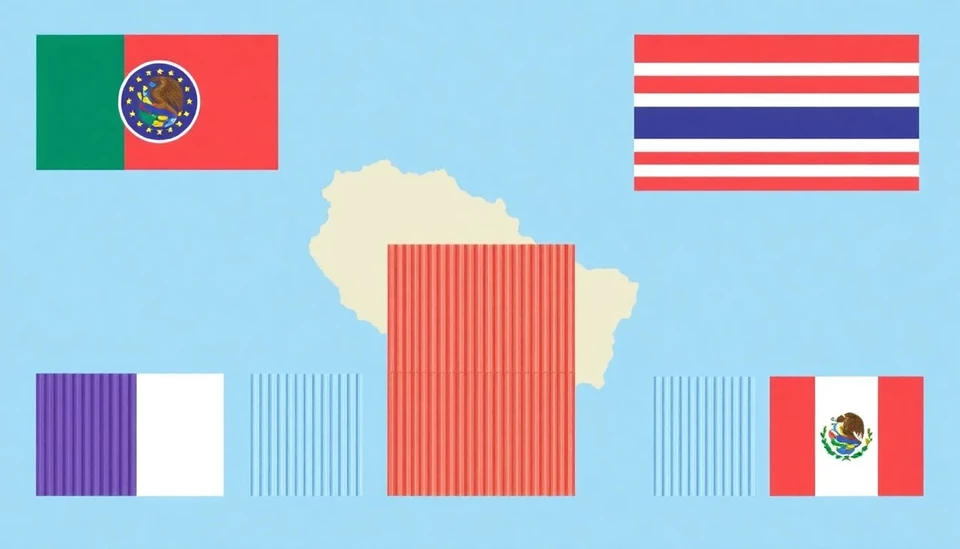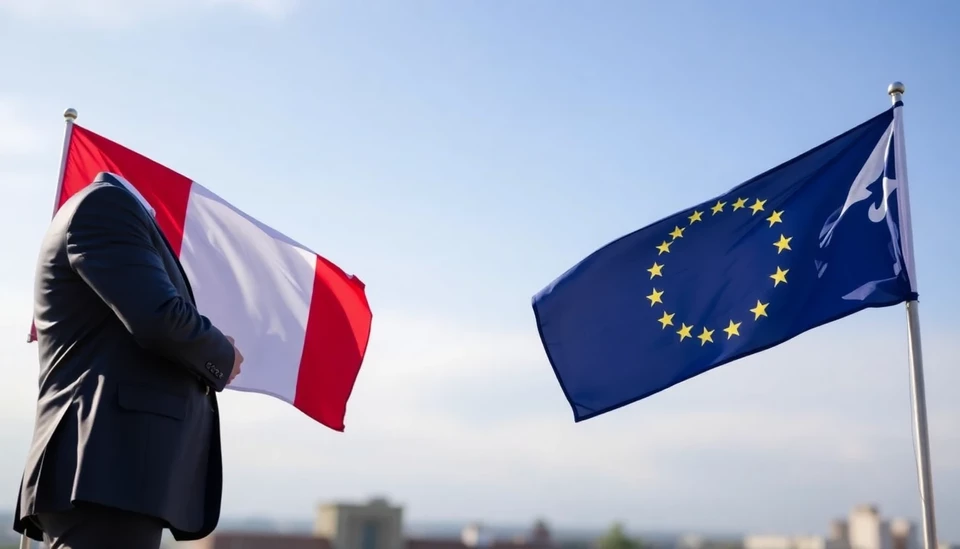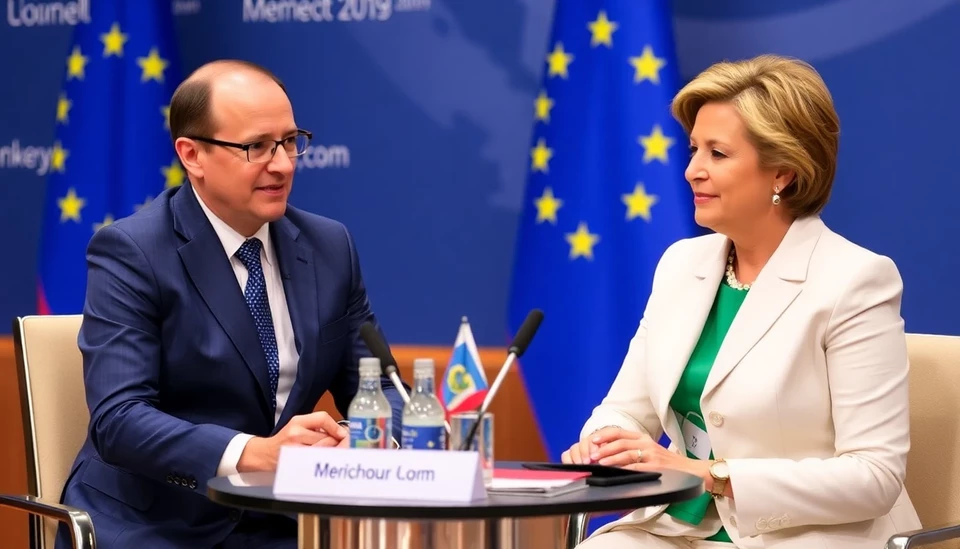
In a strategic move to bolster intra-regional trade and counter the effects of ongoing global trade disputes, the South American trade bloc Mercosur has announced an expansion of its common tariff exemption regime. This decision reflects the bloc's commitment to enhance economic cooperation among its member countries while navigating through the complexities of a volatile global trade environment.
The announcement, made during a recent summit, detailed plans to broaden tariff exemptions for a variety of goods exchanged between member nations, which include Argentina, Brazil, Paraguay, and Uruguay. These changes aim to mitigate the financial burdens that tariffs impose on businesses and consumers alike, fostering a more robust economic integration across the region.
Officials have termed this initiative as a critical step toward strengthening Mercosur's position as a trading bloc, particularly as tensions escalate in global trade dynamics, evidenced by increasing tariffs and restrictions imposed by various nations. The expanded exemptions will allow member countries to take advantage of their geographical proximity and shared economic interests, thereby enhancing competitiveness against global players.
The countries involved have expressed optimism that this development will stimulate economic activity within the region, fostering greater trade flows and collaboration among businesses. The removal or reduction of tariffs on key products is expected to significantly alleviate costs for consumers and support local industries that are struggling to compete in a global marketplace marked by uncertainty.
Moreover, the timing of this announcement is particularly noteworthy, with many analysts observing that a robust Mercosur is needed now more than ever. As the geopolitical landscape continues to shift, South American nations find themselves at a crossroads, with opportunities to capitalize on regional partnerships while facing external pressures from larger economies. The expansion of tariff exemptions is viewed as a proactive step to strengthen these connections.
In addition to economic motivations, political implications also underline this decision. As member countries align their trade policies, it creates a unified front that could amplify their influence when negotiating with larger trading partners such as the United States or the European Union. This collaboration might enable Mercosur to further solidify its importance on the world stage.
Details on specific goods that will gain tariff exemptions and the exact percentages of these reductions are expected to be finalized in the coming weeks following consultations among member states. Ongoing discussions are also set to address how best to implement these changes to ensure that they benefit not just major industries but also smaller businesses and local economies across the region.
As Mercosur embarks on this new chapter, the bloc is keenly aware of the challenges ahead. The global trade landscape remains incredibly fluid, and future negotiations may bring additional complexities that could impact the region's ambitions. However, the expansion of common tariff exemptions is a clear signal of Mercosur's intent to push forward and adapt in these changing times.
In conclusion, as South America seeks to remedy the impacts of an unpredictable trade environment, the proactive approach taken by Mercosur aims to create a more integrated economic region through enhanced trade cooperation—an effort that could very well reshape the future of trade within the continent.
#Mercosur #TradeExemptions #GlobalTrade #EconomicCooperation #SouthAmerica #Tariffs #TradeWar #RegionalIntegration
Author: Laura Mitchell




